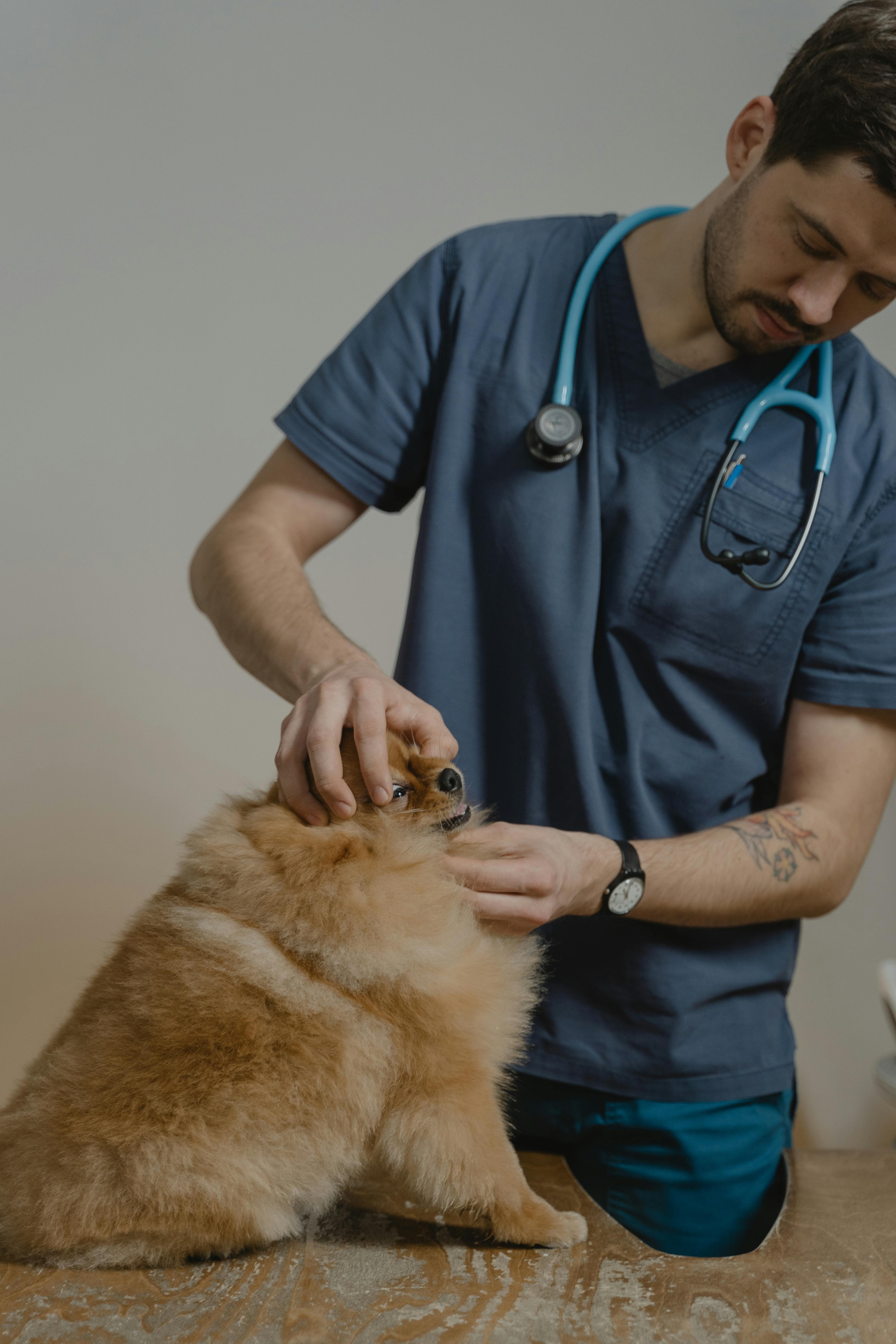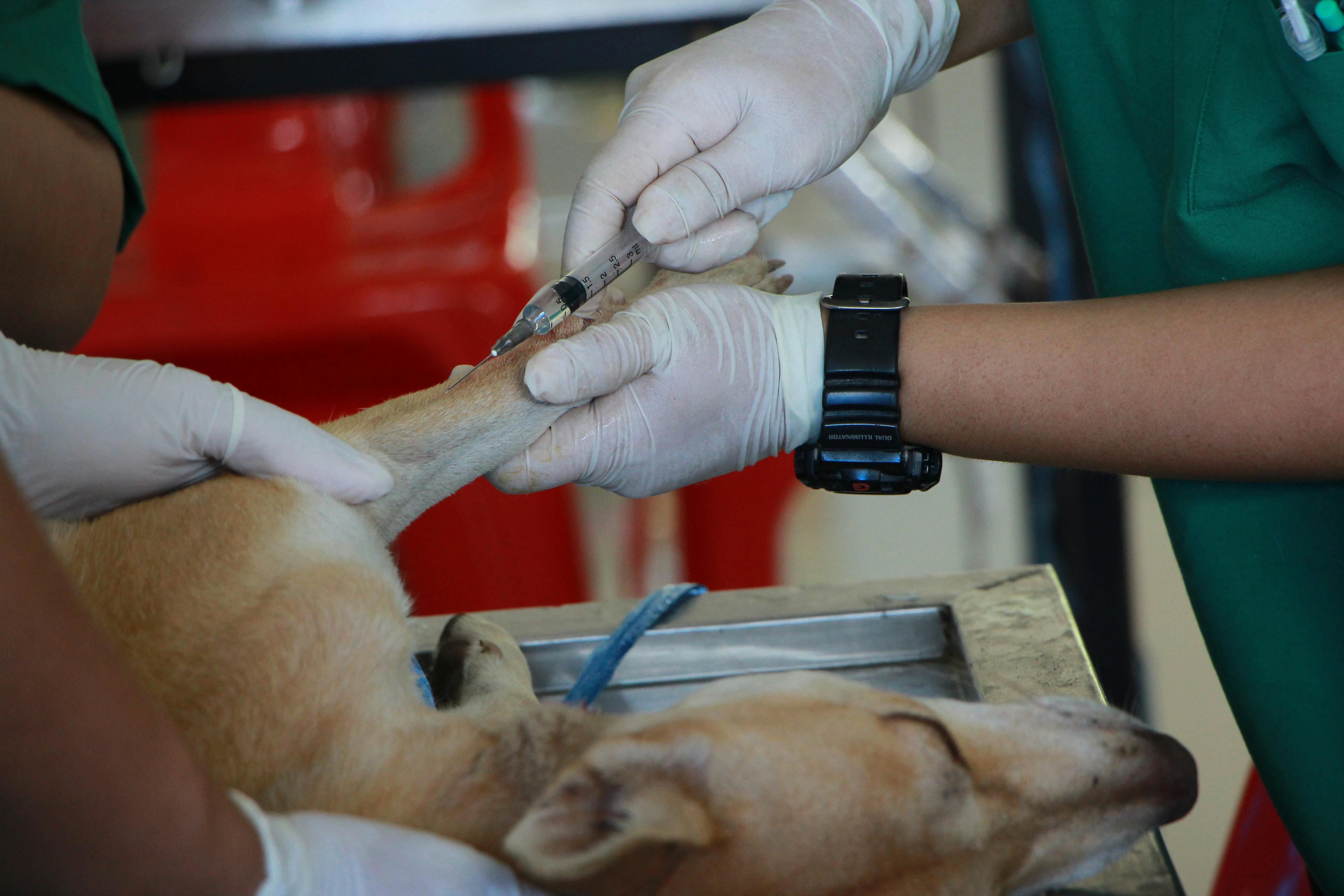Pet Care Clinic Lincoln Park Michigan: Comprehensive Guide to Quality Pet Services
Ensuring the health and happiness of your pet is a priority for every pet owner. In Lincoln Park, Michigan, the best way to guarantee this is by choosing the right pet care clinic. In this guide, you will explore the essential services offered by top clinics, what makes them stand out, and how to maintain your pet’s well-being effectively. Whether you’re a new pet owner or seeking better care for your pet, this article will provide the insights you need to make informed decisions.

Understanding the Fundamentals
Before diving into specific services, it’s important to understand the basics of pet care. A pet care clinic offers a variety of health services designed to keep pets in optimal health. From routine checkups to emergency care, knowing what services are essential can help you find the best clinic for your pet. The importance of regular veterinary visits cannot be overstated, as they play a critical role in preventing illness and ensuring your pet lives a long and healthy life.
Pet care is a multifaceted responsibility, encompassing not just healthcare but also emotional and social needs. A good pet care clinic addresses all aspects of your pet’s well-being, from vaccinations and nutrition to behavioral consultations. Understanding these core principles ensures that your pet receives comprehensive care tailored to their needs.
1.1 Routine Health Checks
Regular health checkups are the cornerstone of any pet care regimen. These visits typically include physical examinations, vaccinations, and parasite prevention. For example, pets should receive core vaccinations annually or as recommended by their vet to protect them against diseases such as rabies, parvovirus, and distemper.
Aside from vaccinations, these checkups help in early disease detection. A thorough examination by a veterinarian can catch problems like dental disease or kidney issues before they become serious. Studies show that early intervention leads to better outcomes and lower healthcare costs for your pet.
1.2 Nutrition and Diet Advice
A proper diet is crucial to your pet’s overall health. A balanced, species-appropriate diet ensures that your pet gets the essential nutrients required for growth, energy, and maintaining a healthy weight. Pet care clinics offer tailored nutrition advice based on your pet’s age, breed, and specific health needs.
For example, older pets may require special diets that help manage arthritis or support kidney function. Discussing your pet’s dietary needs with your veterinarian can help prevent obesity and malnutrition, common issues in many pets.
Practical Implementation Guide
Now that you understand the core principles, let’s dive into how to practically implement pet care in your routine. Whether you’re looking for advice on maintaining your pet’s health or how to choose the right pet care clinic, this section will provide actionable steps to guide you.

2.1 Actionable Steps
- Step 1: Schedule Regular Checkups – Plan for at least one visit per year for routine health checks. For older pets or pets with health issues, more frequent visits may be necessary.
- Step 2: Create a Healthy Diet Plan – Work with your vet to develop a diet plan that meets your pet’s nutritional needs based on age, breed, and lifestyle.
- Step 3: Preventive Care – Regular vaccinations and parasite control (like flea and tick prevention) are vital to prevent diseases and infestations.
2.2 Overcoming Challenges
Even with the best intentions, pet care can present challenges. Some common obstacles include finding a trusted vet, managing a pet’s chronic conditions, or simply keeping up with the routine of checkups and treatments.
For example, if your pet suffers from allergies or asthma, it may require special treatments or medications. The key is to communicate openly with your vet to find the best solutions. Here are a few expert tips:
- Look for a clinic with experience handling specific breeds or conditions.
- Don’t hesitate to ask about new treatments or technologies available.
- Ensure your pet’s medications are up-to-date and follow the recommended treatment plans.
Advanced Applications
As you continue your journey to better pet care, there are advanced techniques and services that can help ensure your pet remains in top condition. From advanced diagnostics to specialized surgeries, knowing when to take these steps is crucial for maintaining your pet’s health.

3.1 Specialized Diagnostics
Advanced diagnostic techniques like X-rays, MRIs, and blood tests allow veterinarians to identify issues that may not be visible during a routine exam. For example, early detection of heart disease or cancer can make all the difference in the outcome of treatment. Clinics offering these services often work with specialists to provide comprehensive care.
3.2 Surgery and Emergency Care
Some situations require surgical intervention, whether it’s a routine spaying or neutering procedure or a more complex surgery like a tumor removal. A pet care clinic that offers emergency care is invaluable, particularly in life-threatening situations. Advanced surgical techniques have improved, leading to better recovery times and outcomes for pets.
Future Outlook
The field of pet care continues to evolve with new technologies, better medications, and improved techniques for treating diseases. As the demand for better veterinary services grows, more pet care clinics are incorporating advanced technologies such as telemedicine and AI diagnostics to offer high-quality care remotely and in real time.
Looking ahead, we can expect to see even more personalized and efficient care options, with a greater focus on preventative health and wellness for pets. Pet owners should stay informed and ready to take advantage of these innovations to provide the best care possible for their furry companions.
Conclusion
In conclusion, selecting the right pet care clinic in Lincoln Park, Michigan, is essential for your pet’s well-being. Regular checkups, a balanced diet, and proactive care will ensure your pet remains happy and healthy. Don’t wait until health issues arise—establish a relationship with a trusted clinic today to give your pet the best possible care.
If you’re ready to take the next step in caring for your pet, consider visiting a local pet care clinic and scheduling a consultation. Your pet will thank you for it!
Frequently Asked Questions
- Q: How often should I visit a pet care clinic? Regular checkups should occur at least once a year, with more frequent visits for older or sick pets.
- Q: What should I do if my pet has a medical condition? Consult with a vet who can create a treatment plan tailored to your pet’s needs.
- Q: How long does it take to see results from a new diet plan? Typically, it can take a few weeks to see noticeable improvements in your pet’s health.
- Q: How much does a typical vet visit cost? Vet visit costs vary, but a routine checkup generally ranges from $50 to $150, depending on services provided.
- Q: Is surgery risky for pets? Like any surgery, there are risks, but modern techniques have significantly reduced the dangers involved.
- Q: How do I know if my pet is in pain? Look for signs such as limping, vocalizing, loss of appetite, or changes in behavior.
- Q: What are some common pet care services offered by clinics? Services include vaccinations, parasite control, routine checkups, emergency care, and surgery.
